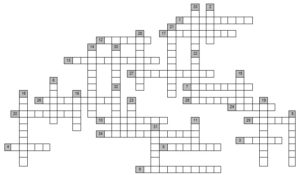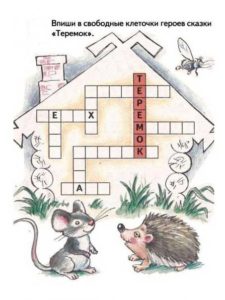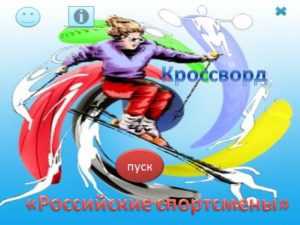Teacher of theatrical disciplines
Afrikanda of Murmansk Oblast

Horizontal:
1. Staging, performance designed for numerous spectators. Bread and ......! (Latin: panern et circenses) Mass spectacles.
2. a form of oral speech, the conversation of two or more persons; speech communication through the exchange of replicas. As part of the verbal and artistic text is present in the drama.
3. Wandering masters of laughter and cheerful noise. The first actors in Russia.
4. Theatrical games with staged songs and dances.
5. The main place in the city, where performances, holidays, processions, etc. are arranged.
Vertical:
1. 1) Oral folk art.
2) Works created by the people and existing in them.
2.Hero of oral folk art, actor of puppet theater.
3. The most common vocal genre. Developed in folk music, widely developed in professional music. In musical theater there are the following varieties: lullaby, heroic, choral; in Russian music - heroic, well-behaved, serenade, crying, funeral, joke, etc.
4.Calendar holidays, rituals, saturated with theatrical elements, originating from pagan times.
5.The oldest type of folk dance art; combines choreography with dramatic action, dance, song. It is found in many nations.
{module Yandex}
Answers to the crossword puzzle"The Origins of Russian Theatre"
Horizontal:
1. Spectacle.
2. Dialogue.
3. Skomorokhs.
4. Games.
5. Square.
Vertical:
1. folklore.
2.Parsley.
3. Song.
4.Rite.
5.A dancer.




